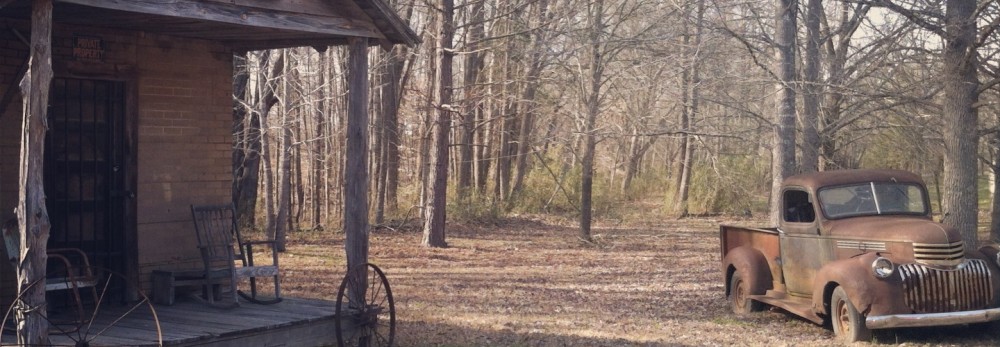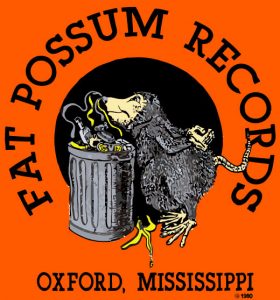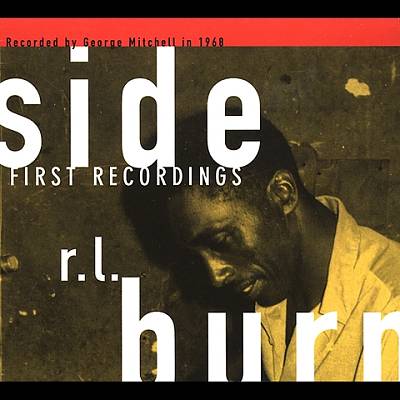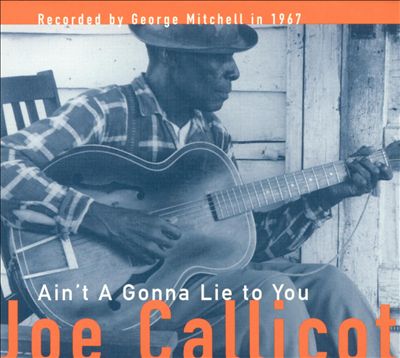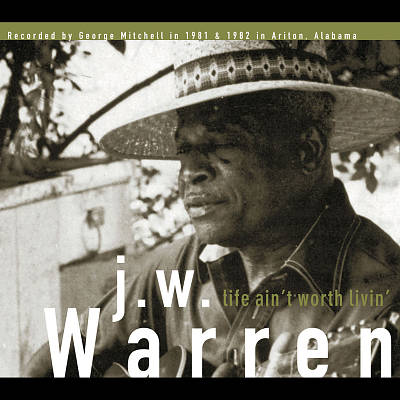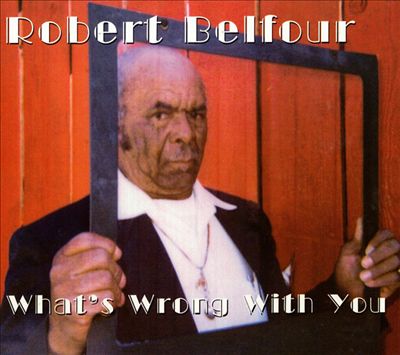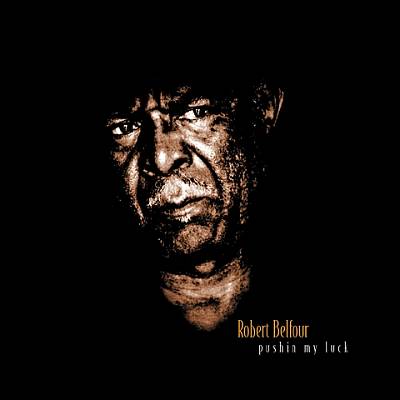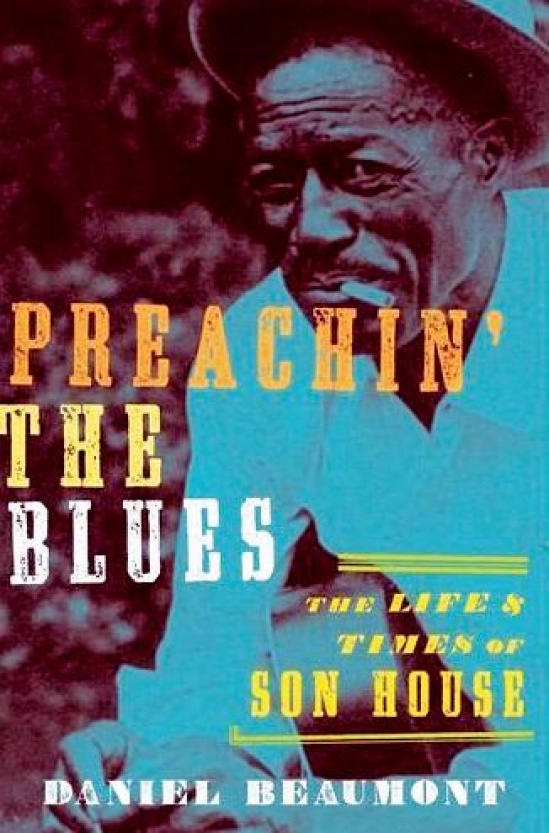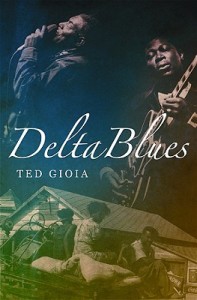There was a time when all an artist would need to make a good recording was their instrument, a microphone, and a tape recorder. In fact, some of the greatest and most influential recordings of our time were made in rural areas in the back of small country stores or small cabins on equipment that was powered a car battery.  Known as “field recordings”, these recordings were usually done by folklorists determined on documenting maters of American Roots music in a natural setting.
Personally, some of my favorite field recordings where done by music historian George Mitchell. Born in Coral Gables, Florida and raised in Athens, Georgia, Mr. Mitchell has recorded hundreds of hours of music, mostly by musicians who would’ve never been heard outside of their living room if it weren’t for him. He was the first to record Hill-Country Blues guitarist R.L. Burnside in 1967 in Mississippi, a recording session that yielded some the most heart-felt acoustic Blues ever recorded. He also was responsible for some excellent late-in-career recordings of Blues legends Fred McDowell and Furry Lewis.
In 2008 Fat Possum records complied a large number of George Mitchell’s recordings for a massive 7-disc box-set simply titled “The George Mitchell Recordings Vol. 1-45”. Â While the amount of music in this collection may have been perfect for the Blues connoisseur wanting to get completely stuffed on Mitchell’s field recordings, the collection lacked a certain intimacy you get when you focus on just one single artist’s session. Â Thankfully, the good people at Fat Possum/Big Legal Mess Records realize this and over the years have released entire sessions from individual artists recorded by George Mitchell. Below are some of my very favorites…Â No studio tricks, no auto-tune, just a musician and their music.
R.L. Burnside First Recordings Recorded in 1967
A popular style of Blues played by musicians from Northern Mississippi, “Hill Country Blues” focuses more on creating a hypnotic rhythm and less on following a specific chord progression. While musicians such as Otha Turner, Jesse Mae Hemphill and Mississippi Fred McDowell (actually from Tennessee) are masters of this style, the two best known Hill Country Blues musicians are Junior Kimbrough and R.L. Burnside. Â Both Kimbrough and Burnside made their first recordings in the 1960’s with the latter recording for George Mitchell in 1967.
George Mitchell first caught wind of R.L. Burnside while recording another Hill Country Blues master, Otha Turner.  It was Turner who suggested to Mitchell that if he wanted to hear someone who could REALLY PLAY, he should check out his neighbor R.L. Burnside.  Although both Turner and Burnside where unknown to the outside world at the time they were very popular in their respective communities and masters of the their instrument.
During his session for Mitchell, Burnside performed excellent versions of Hill Country standards, “Poor Black Mattie”, Â “Goin’ Down South” and “Rollin’ and Tumblin”. He also played a slow eerie-blues entitled “Just Like A Bird Without A Feather”, which is the best track on this wonderful album.
JOE CALLICOT Ain’t Gonna Lie To You Recorded in 1967
Recorded in 1967 and reminiscent of recordings by fellow guitarist Mississippi John Hurt,  AIN’T GONNA LIE TO YOU is a mix of Blues standards and Gospel numbers.  Also like Hurt, Joe’s voice isn’t the strongest in the world but yet it wonderfully complements his soft finger-picking guitar style. A perfect example of this is Joe’s beautiful rendition of the Folk standard “Frankie and Albert”.  While Joe’s career actually began in the 1920’s and included recording sessions and performances outside of Mississippi he was never a household name and even gave up music in the 1940’s. Fortunately for us he returned to recording after meeting George Mitchell in 1967.
J.W. WARREN Life Ain’t Worth Livin’ Recorded in 1981 & 1982
 J.W. Warren was born in 1921 in Enterprise, Alabama.  Like many of the musicians recorded by George Mitchell, Warren was a farmer who mostly performed just for friends at parties and in local juke joints. The recordings on LIFE AIN’T WORTH LIVIN’ were done in Warren’s own home in Alabama by Mitchell on September 15th, 1981 and in March 27th, 1982.  Musically, Warren stuck mostly to traditional-sounding Country Blues. His powerful voice is best displayed on the tune “Hoboing Into Hollywood” and at times bares resemblance to the voice of Country Blues legend Bukka White.  Also like White, J.W. Warren was a slide guitar player who’s raw playing style helped him obtain local notoriety. He would scrap his jack-knife against the strings of his guitar to create the sound of a slide (documented here on the recording “My Mind Gets To Wandering”). Mostly a homebody, Warren never toured and rarely travelled out of his hometown. He lived out his final years at home in Ariton, AL, passing away on August 15th, 2003. Fortunately for us we can remember him through these excellent recordings.
